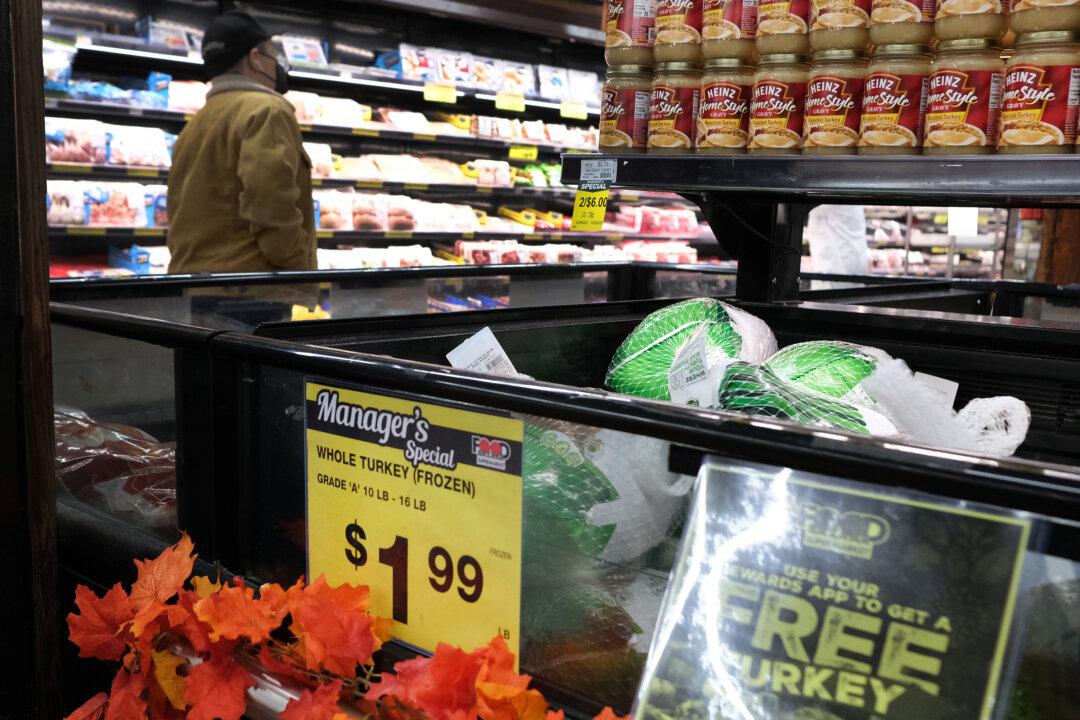By Deena Shanker
From Bloomberg News
Inflation is slowing, turkey prices are dropping and yet, somehow, Thanksgiving dinners will still cost more than they did last year.

Inflation is slowing, turkey prices are dropping and yet, somehow, Thanksgiving dinners will still cost more than they did last year.